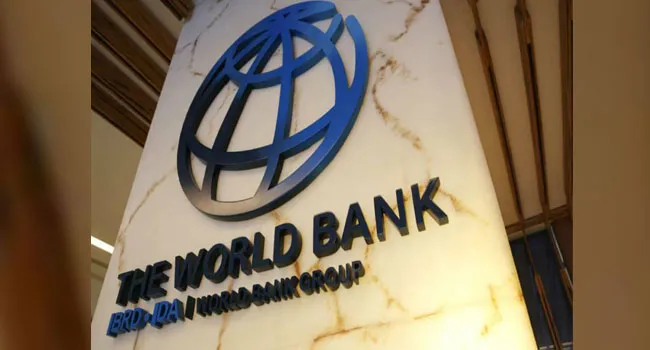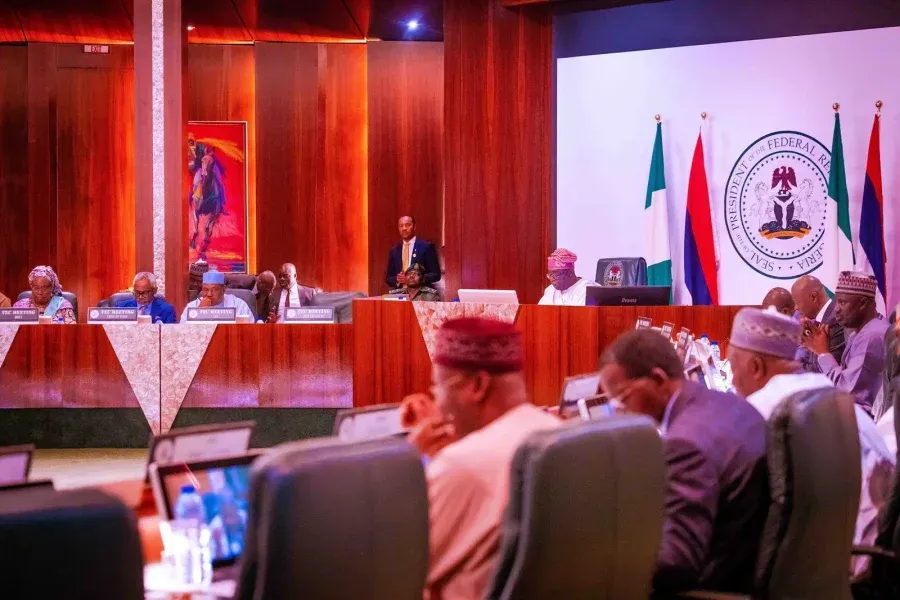ABUJA – The Universal Basic Education Commission (UBEC) and the Nigerian Content Development and Monitoring Board (NCDMB) have signed a Memorandum of Understanding (MoU) aimed at constructing more Smart Schools in Nigeria, with a focus on rural communities. The agreement, signed in Abuja, is part of the NCDMB-UBEC Smart Schools Development Initiative (NUSSDI).
UBEC Executive Secretary, Dr. Hamid Bobboyi, and NCDMB Executive Secretary, Felix Omatsola Ogbe, endorsed the MoU on behalf of their respective organizations. Dr. Bobboyi expressed optimism about the initiative’s potential to significantly enhance the basic education sector by introducing advanced learning technologies in rural areas.
“We are looking forward to the establishment of more smart schools,” Bobboyi said. “UBEC has already established about 37 smart schools across the federation, with seven located in zones, some of which are operational while others are nearing completion.” He emphasized the importance of moving beyond traditional education models to incorporate digital technology and modern teaching tools, including the use of Digital Resource Centers for teacher training.
UBEC’s previous efforts have seen Smart Schools equipped with state-of-the-art technology launched in each state, but the new collaboration specifically targets underserved rural communities. Bobboyi highlighted the value of this rural-focused initiative in providing effective educational models in less accessible areas.
Felix Omatsola Ogbe of NCDMB commended UBEC’s dedication to advancing basic education, noting that the MoU represents a strategic partnership aimed at reaching areas with high numbers of out-of-school children. “The initiative is designed to leverage our combined mandate, expertise, and resources to equip Smart Schools with modern technologies and innovative teaching methods,” Ogbe stated.
The plan includes establishing sample Smart Schools in the north, south, and southeast, gradually expanding to all six geopolitical zones, with Lagos considered a special zone due to its population. Ogbe underscored the commitment to improving education in these regions through this initiative.





